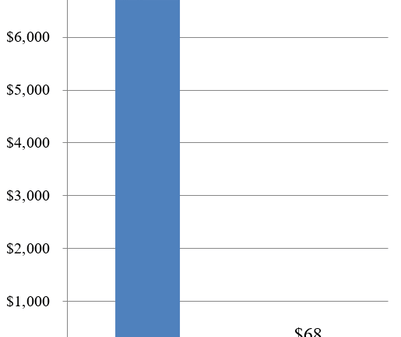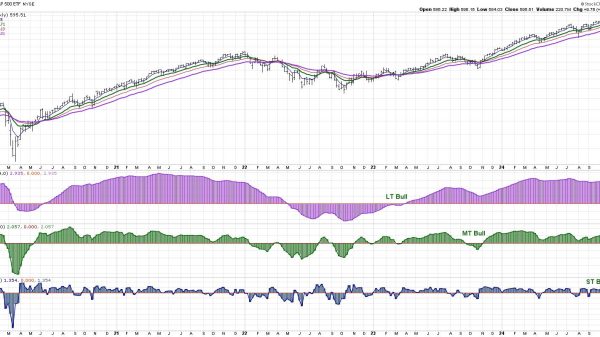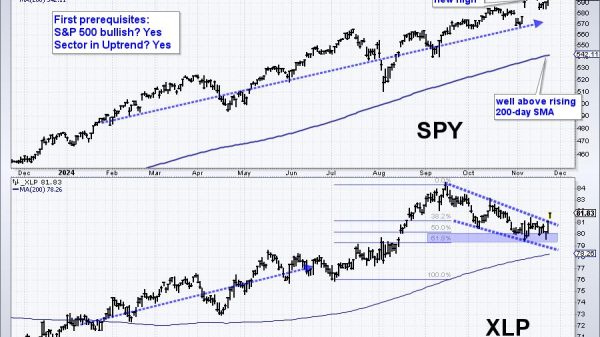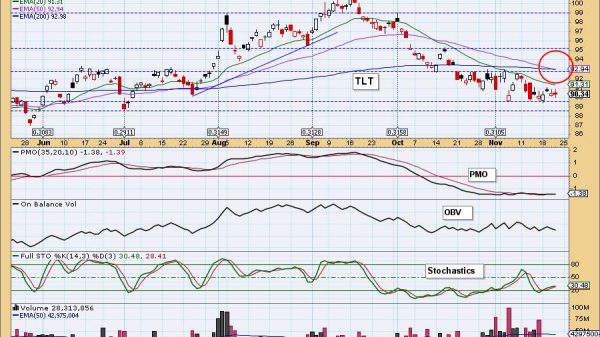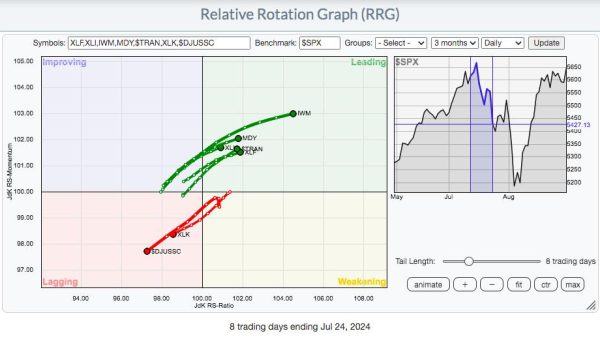The Financial Crimes Enforcement Network (FinCEN) has been the subject of scrutiny for years over its lack of transparency. The agency recently started to provide some information to the public but that information largely confirms long-held suspicions, namely that the Bank Secrecy Act’s mandatory financial surveillance is far from justified.
To set the foundation, FinCEN’s 2023 “Year in Review” report revealed that banks and other financial institutions filed 27.56 million reports under the Bank Secrecy Act during the 2023 fiscal year (Table 1). The vast majority of these reports (20.8 million) were filed as currency transaction reports, or CTRs, when people made a transaction of $10,000 or more.
A long-standing issue has been whether mandating the filing of these millions of reports has been worthwhile. Billions of dollars are being spent in compliance with a regime that requires financial institutions to report millions of transactions. So, how many criminals are being caught?
FinCEN’s report does not fully address this question but it does shine some light on the issue. For instance, when it comes to the Internal Revenue Service’s (IRS’s) criminal investigations, FinCEN reported that 13.9 percent of investigations in fiscal year 2023 originated from these reports (Figure 1). That’s down from the 15.8 percent of investigations FinCEN reported last year.
Given that the IRS had 2,676 criminal investigations during that time, this means approximately 372 investigations originated from a Bank Secrecy Act report. In other words, despite financial institutions spending $59 billion a year complying with this regime and filing over 27 million reports, the reports only initiated 372 criminal investigations.
That’s not to say the data are useless. FinCEN’s report noted that 85.7 percent of the IRS’s criminal investigations recommended for prosecution “have a primary subject with a related [Bank Secrecy Act] filing.” Likewise, for the Federal Bureau of Investigation (FBI), 15.42 percent of investigations made use of Bank Secrecy Act reports. The problem, however, is that there is a fundamental difference between investigations that originated with a report and investigations that benefited from a report.
Given it’s the case that the majority of “useful” reports are only used after an investigation has begun, there is little reason to justify mandating that these reports be filed instead of requiring law enforcement to obtain them via the warrant process. It’s no secret that government officials prefer to have sweeping access to the financial records of Americans, but it’s not supposed to be this way.
The Constitution was put in place to restrict the powers of government and protect the people. Yet what we have seen in practice is that officials expand the powers of government and restrict the people. A change is long overdue to restore the balance between an individual’s right to live without government intrusion and the government’s ability to maintain the rule of law.
Ultimately, FinCEN’s report highlights what critics have long suspected: that mandatory financial surveillance under the Bank Secrecy Act is both costly and ineffective. There are still many unanswered questions that FinCEN needs to address. However, one thing is clear. It’s time for Americans to have protections that are in line with the framework crafted in the Fourth Amendment.





